Pet Aid

Find out about our new service that aims to help pet owners amid the current cost-of-living crisis.

Learn about our plans for the next decade to ensure Scotland is a better place, for all animals.


Find out about our new service that aims to help pet owners amid the current cost-of-living crisis.

Learn about our plans for the next decade to ensure Scotland is a better place, for all animals.
After being hunted to extinction, learn why Eurasian beaver numbers are now slowly increasing in the UK.
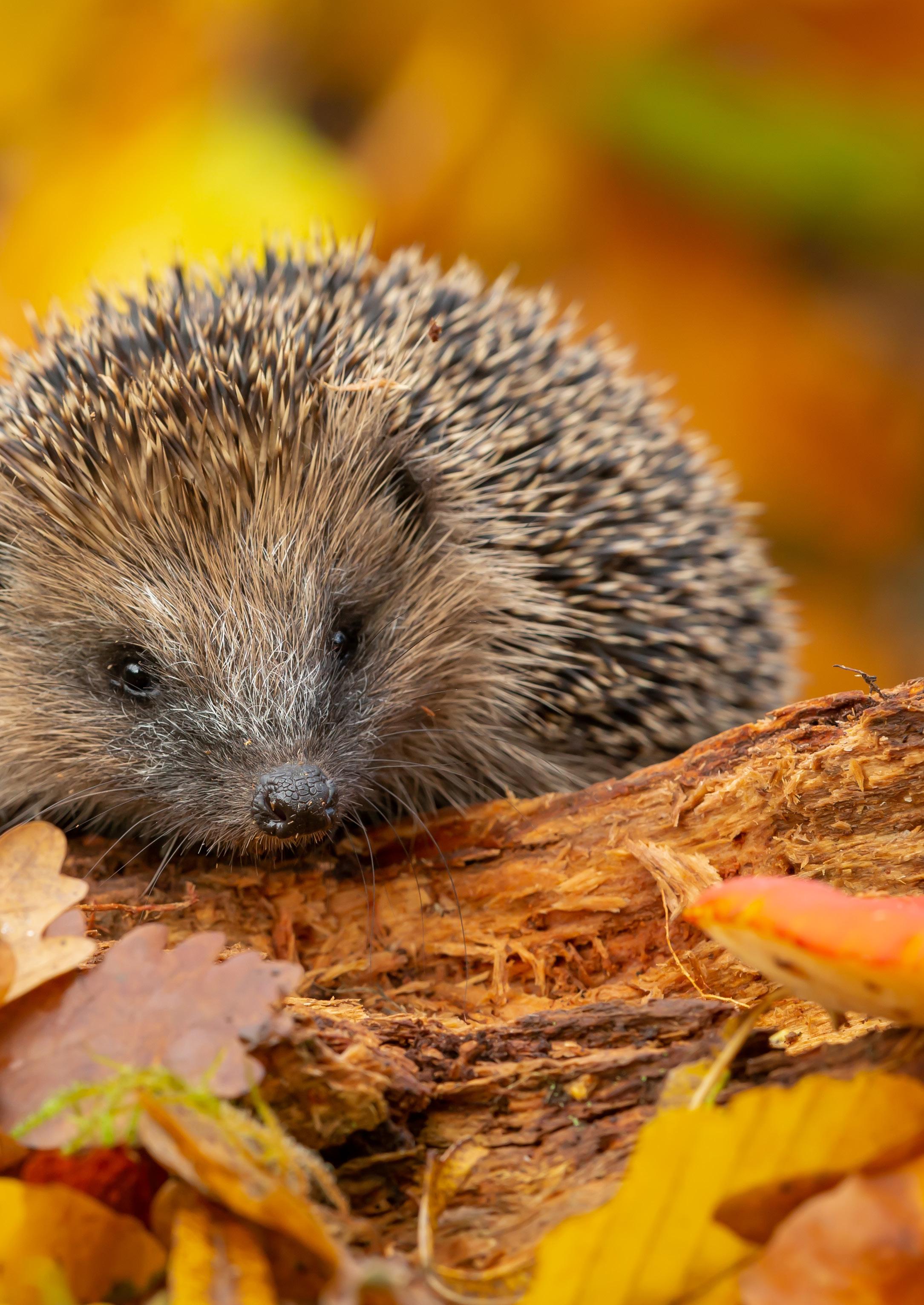
Hello and welcome to the latest edition of Animal Matters Magazine.

In 2022 we’ve been busier than ever and we’re so excited to share our latest news with you.

This edition of the magazine contains updates on everything we’ve been working on over the past few months as well as some insightful articles on key trends we’re currently seeing.
Trends within animal welfare are often an indicator of challenges facing wider society and over the past few months, we’ve seen calls
to give up animals skyrocket as the cost-of-living crisis bites. In response, we launched our Pet Aid service, which you can read more about on page 10.
The service currently supports 16 foodbanks providing essential pet food and supplies to those who need it most.
We launched our ambitious 10-year strategy ‘For All Animals’ earlier this year and we’ve already begun working towards many of the targets we set ourselves. Our 10-year vision isn’t just about the Scottish SPCA and what we do. It’s about the future of animal welfare
and what it will look like a decade from now. You can read about the strategy in full on page 8.
We hope you enjoy this latest issue and, as always, thank you so much for your continued support. It’s only thanks to wonderful people like you that we can be there for animals, and the people that care for them, in communities across Scotland.
Kirsteen Campbell Chief Executive
Our fostering scheme rolled out across the west of Scotland in August and has now expanded to Caithness and Sutherland. We are looking for even more loving foster families to care for animals from our Glasgow, Ayrshire, Lanarkshire, Dunbartonshire and Caithness centres.
Fostering can be beneficial for animals for many reasons, whether that’s taking an animal who finds the kennel setting too stressful into a home environment, allowing an animal a quiet place to recover from medical treatment or helping rehabilitate an animal with behavioural issues.
You could be helping a dog like Scarlet the Rottweiler X German shepherd. Scarlet was a very outgoing girl but would get over stimulated and mouthed a lot, which could be quite painful. We did find her a fosterer but sadly she was brought back as they struggled to deal with her mouthing.
Scarlet was quite depressed when she came back so she then went on foster with a member of our team who was already caring for her sister, Buddy.
Being with Buddy and her foster family’s other dogs helped Scarlet immensely. She became much less mouthy as she had the other dogs to
play with. She loved cuddling up with Buddy too. Her foster carer was also able to toilet train her.
Scarlet was then lucky enough to find a forever home with her other sister, Jade. There’s no doubt that being on foster helped Scarlet to learn the skills she needed to fit in with her new forever family.

We have roles fostering either dogs or cats and we’ll work with fosterers to find animals suited to their homes and level of experience. To apply to foster an animal go to: https://www.scottishspca.org/ fostering
There is currently a severe outbreak of avian influenza, commonly known as bird flu, in Scotland.
Wild bird populations have been devastated in parts of the country. Whilst avian influenza has circulated among bird populations on a regular basis for two decades, the current outbreak is the worst Scotland has experienced in terms of transmission and mortality rates. It has spread rapidly and killed tens of thousands of birds.
Due to the current situation, we’ve taken the tough decision not to admit
any more wild birds to our National Wildlife Rescue Centre until the situation improves. This is to prevent a possible outbreak at the wildlife centre as we have wild birds on site waiting to be released as well as hundreds of other wild animals.
We have stringent biosecurity measures in place already, but the scale and speed of the spread of this year’s outbreak of avian flu means we do not have appropriate facilities to isolate the large number of birds we could expect to admit.
If we were to have a single positive case at the centre, all birds on site could be at risk of being euthanised in line with UK-wide protocols to prevent the spread.
We are monitoring the spread of avian influenza and will release birds in our care when they are ready to return to the wild. Identifying release sites where it is least prevalent is a challenge but it would be detrimental to the welfare of wild birds to keep them in the centre when they are ready to return to the wild.
There is currently a severe outbreak of avian influenza, commonly known as bird flu, in Scotland.
UPDATE
Team members Chloe Fleming and Rebecca Cain from our Dunbartonshire Animal Rescue and Rehoming Centre completed the ultimate challenge – a 15,000ft skydive to raise money for the Society.
Chloe and Rebecca, who are both animal care assistants at the centre took part in the skydive on 5 August raising £1,965.
Chloe said, “We’ve recently taken over the fundraising for our centre and we wanted to start with something big and memorable.
“We’re both adventurous although Rebecca is scared of heights and can’t even stand on a ladder without trembling.
“The money raised will be going directly to improving facilities for animals in our care at the centre.”
In addition, animal rescue officer Sheena MacTaggart, animal rescue officer Danielle Higgans, inspector Isla Bell, animal care assistant Alasdair Ratter and animal rescue officer Ryan Cannon braved the infamous Tough Mudder challenge on 2 July to raise £730. Sheena said, “The Tough Mudder course was challenging but we all had an amazing day.
“The worst obstacle for me was one you had to slide down the inside of a pipe into a metal container filled with ice cold muddy water - too deep to even stand - then hold your breath and swim under the water beneath a row of old tyres. I did feel a bit scared during that one!
“Despite all the mud, obstacles and electric shocks, it was all worth it to know we were raising money for such a worthwhile cause.

“We’re hoping to come back next year and make it an even bigger team effort!”
If you have a fundraising challenge in mind that you’d like support with, get in touch with us at fundraising@scottishspca.org
Throughout 2022 we have been in partnership with BEAR Scotland as their Charity of Choice after securing the most votes in an employee poll. They have been supporting us through a number of employee activities such as their companywide step challenge in May and taking part in the Edinburgh Kiltwalk.

At the end of September Bear Scotland held an Open Doors Day event where they held a raffle and collected donations in our aid. Alongside this they have been collecting items such as toys, food, and blankets at their offices in Queensferry and Inverness which have been dropped off to our centres across Scotland and headquarters in Dunfermline.
If companies would like to find out more about partnering with us and supporting Scotland’s animals in 2023 they can request our partnership information booklet or set up a meeting with corporate partnerships officer, Holly, by contacting fundraising@scottishspca.org
Animal rescue officer, Dawn Vale-Juma, said, “The tank was inaccessible so we called the Scottish Fire and Rescue Service for assistance. Thankfully, the crew from Lanark fire station arrived quickly and were happy to help.”
Scottish Fire and Rescue Service Station Commander Philip McDonald said, “As a humanitarian organisation, we will always assist the Scottish SPCA when required to help an animal in distress.

“Our response can prevent members of the public putting themselves in
danger by attempting to do their own rescue. Firefighters are trained for these types of incidents and we are pleased that we were able to help out in this instance.”
The crew helped by lowering a ladder into the tank so an inspector could climb down and transfer the badgers safely into carriers.
Animal rescue officer, Dawn Vale-Juma continued, “One of the male badgers had managed to find shade in a tunnel so was very lively. He was checked over
and released on to a badger trail that ran parallel to the facility.
“Unfortunately, the other two badgers were exposed to the sun and were very lethargic and dehydrated. They were caught and taken to our National Wildlife Rescue Centre at Fishcross to receive the care they needed.
“A few days later, after plenty of TLC, they were released back into the wild near to where they were found.”
We were alerted to the cat on 21 April, and collected him on 22 April after he continued his adventure with a personal helicopter ride back to shore. The cat had been living as a stray and frequenting the area around Peterhead Prison for the last five years, but when we scanned him for a microchip it turned out he had an owner and had actually been missing from home during that time.
Animal rescue officer, Aimee Findlay, said “We were alerted to an incident of a cat being found in a shipping container offshore.
“We have no idea how the cat ended up there, but attended the heliport to collect him.
“The cat had been nicknamed ‘OneEye Joe’ by the prison who had been feeding him for five years, but after checking him for a microchip it turns out his real name is Dexter and he had been missing for five years!
“We are so glad that he was well looked after for the time he was missing, but were even more delighted to be able to reunite him with his original owner thanks to his microchip being up to date.”

In June we successfully rescued and released a group of badgers back into the wild after they fell 16ft into an empty sewage tank. We successfully rescued a cat that was found at an offshore oil rig in a shipping container that came from Peterhead.
A father and son who kept over 50 dogs in appalling conditions on a puppy farm have been given a 10-year ban owning dogs and ordered to serve 300 hours of community service.

49-year-old Samuel Ronald Hessin and 22-year-old Samuel Arthur Hessin of Balnamoon, Crossroads, previously pled guilty to failing to provide veterinary treatment or a suitable living environment for the dogs, at Elgin Sheriff Court on 6 June. They were sentenced at the same court on 7 July.
In a joint effort with Moray Council and Police Scotland, our inspectors raided their property after concerns were raised about animals on-site.
Whilst 56 dogs were seized during the initial raid, two were pregnant at the time and we ended up caring for 78 dogs in total. One of the pregnant dogs sadly died giving birth at one of our animal rescue and rehoming centres. Animal care experts believe it was her third pregnancy of the year.
Scottish SPCA chief superintendent Mike Flynn said:
He was sentenced to eight months in prison and a 15-year ban on owning or keeping animals in August.
With support from Police Scotland, the Scottish SPCA executed a warrant at Turnabrae house on Millden Estate in Angus in October 2019, where Davies worked as a gamekeeper at the time.
The SIU visited Davies’ address in October 2019, where 11 dogs were being kept in kennels and an outbuilding. A vet in attendance confirmed some of the dogs had fresh and historic injuries and disfigurement likely caused by fighting wild animals such as badgers and foxes. A collar inside the property tested positive for badger DNA.

“Securing a conviction is a great result, but we believe anyone convicted of running a puppy farm should get a life ban on owning animals. Individuals prepared to put profit before welfare to an extent that dogs get seriously ill should not be allowed to keep animals.”
These dogs were kept in horrendous conditions which were ripe for causing horrific disease and suffering. Thankfully, due to the care and dedication of our animal care teams we were able to successfully rehabilitate the remaining dogs and find them loving homes.
Patterdale terrier Lola had fresh injuries to her mouth and lower jaw. Pip, another Patterdale, had older scars across her muzzle, face and chest and a fresh wound still healing. Evidence was found to suggest that Davies had attempted to treat the injuries himself. Scottish SPCA chief superintendent Mike Flynn said: “Our special investigations unit lead the way when it comes to taking on these organised, brutal groups involved in animal fights. This was an incredibly sophisticated investigation which made it plain as day the accused was guilty and helped to uncover a wider network of individuals involved in heinous animal fights.
“A custodial sentence sends a real message to anyone who wants to use
dogs to bait and maim wildlife that they will be punished for it.
“No animal deserves to be subjected to any pain or suffering, let alone at the level Mr. Davies subjected his own dogs and wild animals to.”
28-year-old Rhys Davies was found guilty of causing unnecessary suffering to four dogs under his care and keeping or training dogs for the purposes of animal fights.
Since 1839, we have proudly fought to improve the lives of animals in Scotland.
We have made massive progress throughout our rich history, but we know that pets, farmed animals and wildlife are facing unprecedented challenges today.
Lots of factors are putting pressure on not only animals, but people who care for or interact with them too. These include an increase in people needing mental health support, rising costs of living and rising veterinary costs. Since 2020 we’ve also seen a huge increase in the demand for pets, especially puppies
and kittens. Wild animals are facing catastrophic habitat loss coupled with the acceleration of climate change.
In response, we’ve set out six key ambitions we want to achieve within a decade.


1.Reduce instances of intentional animal abuse and unintentional neglect of animals in Scotland by 50%.
Prevention is in our name and we want to stop abuse and neglect from occurring, rather than reacting to it when it’s already happened.

Many cases in which we’re asked to help animals are as a result of unintentional neglect, which can be driven by a number of factors such as the cost of care or a lack of knowledge. We will inspire people and provide
them with the knowledge they need to treat animals with respect and kindness.
Every animal we prevent coming into a Scottish SPCA rescue centre is a success. Through a combination of early intervention and improved knowledge we know we can reduce instances of abuse and neglect.
Inspire and support communities, reach more than 25% of the population and create over 250,000 Youth Ambassadors.
We will create an inclusive network of empowered communities who take ownership of protecting the animals in their lives. We will also create future generations who are passionate about animal welfare and who care deeply about the natural world.
We will ask ourselves how we can improve the support we provide to people and pets once they have been adopted from our rescue centres, responding to the needs identified by those who rehome.
We will also work with local experts and agencies to get the right information to the right people about the animals in their area. This means getting people involved in post-release monitoring of the rich array of wildlife we rehabilitate.
The delivery of our free education programme, Animal WISE, will be at the heart of our efforts to improve knowledge and awareness of animals and their needs.
3.Eliminate the low-welfare puppy and kitten trade in Scotland.
We will encourage the public to buy pets responsibly. Working with policymakers and partners, we want to make sure enforcement of existing legislation is sufficiently resourced and new laws created to prevent animals from suffering. We will be the voice of animals. Ultimately, through a combination of this and our investigative work, we will eradicate the low-welfare puppy and kitten trade in Scotland.
Organised criminals have ruthlessly exploited public demand for pets. We are committed to snuffing out new and emerging trends before they reach anywhere near of the scale of the likes of the puppy trade.
We will challenge the idea that pets are an accessory and raise awareness of the growing problem of badly bred animals. We will push for higher breeding standards and tighter regulation of the sale of animals, particularly online. A key area of focus will be the trade of exotic pets, which has grown in recent years.
It is important that animal charities and sanctuaries make it as easy as possible for people to rehome, and we will consider what we can do to help more rescues find the right family. We want every family to have the chance to adopt or rescue before they buy.
We will create new standards of welfare for farmed animals in Scotland which we want to see adopted nationwide. This applies to animals farmed on land or at sea. We recognise welfare standards are high in Scotland relative to much of the rest of the world. That’s why we will always argue that farmed animal products imported to the UK, such as through trade deals, are subject to - at minimum - the same standards in force here.
The welfare of farmed fish and the relationship with wild animals are important issues in the Scottish aquaculture sector.
As well as developing our own standards, we will ensure our teams are appropriately trained to investigate the welfare of farmed fish. The impact of aquaculture on sea life will be an important area of focus too.
We will build on our existing relationships with individual farmers and the bodies which support them to ensure farmers have the support they need to run high-welfare farms in challenging economic circumstances.
Create a network of partners to support the recovery of natural habitats and biodiversity which is critical to the welfare of animals.
Habitat loss is an animal welfare issue, and we will establish partnerships and support projects which aim to conserve and restore the environments the animals we care for rely on. The reason we rehabilitate wild animals is so they can go back to the wild, where they belong. If their habitats continue to diminish, it simply will not be possible to do that.
We will raise awareness of climate issues and how they affect the world around us and the animals we care for,

We will be a modern, inclusive organisation which recognises and celebrates our invaluable supporters, volunteers and team. People are the lifeblood of our organisation and we will be an employer of choice, retaining and attracting talent to our Society.
We will invest in a new technologies and use data to diversify our income streams, broaden our supporter base and grow our revenue.

We will strive to be a sustainable, resilient organisation. Whilst recognising the challenges in doing so due to our work with animals, we will lay the foundations to drastically reduce our
so that others feel inspired to make a difference. We will educate stakeholders on the conditions we need to establish to help our endangered wild species to recover. And, we will take steps to protect the environment that surrounds us and combat the reduction in species and biodiversity. Animals are a key part of biodiversity recovery, and it is paramount we highlight this and ensure their welfare is a part of the conversation.
carbon footprint. Respecting what we use and seeking partnerships to improve our environmental paw print. And exploring how we can make the areas in and around our estate as wildlifefriendly as possible.
We will continue to develop our services, such as fostering and rehoming, to stay at the forefront of animal welfare in Scotland. We will begin to modernise and upgrade our facilities to give every animal an exceptional experience, with access to the very best facilities and support, whilst in our care.

Grow our net income by 20%, achieve Net Zero, and achieve colleague and volunteer satisfaction levels in excess of 90%.



The cost-of-living crisis is affecting people and animals all over Scotland. We recently piloted our new initiative, Pet Aid, to support people and pets who are struggling.
Pet Aid provides essential food supplies for animals through a network of food banks across most of Scotland. So far, Pet Aid is available in 12 local authority areas in Scotland supporting a number of different foodbanks and charities.

Calls to our animal helpline to give up pets have more than trebled in 2022. Last year we received 194 calls from people looking to give up their dogs and this year it is already over 700. Many people don’t want to give up their animal, but feel they have no choice. This is why we introduced Pet Aid, to offer people who need a small hand some vital

Melanie Kiyani, from Strathmartine Community Larder, said, “The demand for pet food has increased hugely compared to previous years. The majority of our users have accessed Pet Aid, this is more than expected as we didn’t realise how much of an issue feeding pets had become.
“Lots of our users have mentioned that they are unsure how they are going to cope going forward due to the cost-ofliving crisis. I think that having access to Pet Aid has helped reduce this a little. “We have seen a huge demand in the need for both cat and dog food. There seems to be more people looking for cat food especially.

“Pet Aid helps us support our users by being able to give them a supply of pet
food. Since the initiative was advertised we have had members of the public contact us with donations of pet
assistance with providing their pets with much needed supplies.
“They are grateful that there is some support available to them.
“Having spoken to people that use our service I think that if many of them didn’t have access to Pet Aid they would either choose to feed their pets before themselves or, if really struggling, would need to rehome their pets. If they got to this stage it would have a detrimental effect on their mental health.”
supplies, which are greatly appreciated by our users.
“Pet Aid helps our users by reducing some of the costs having pets incurs and our users are happy to have
A key part of our 10-year strategy is to reduce unintentional cruelty by 50% by 2032. We aim to do this with initiatives like Pet Aid, by finding new ways to support pet owners.
We believe that nobody should have to give up their pet because they are unable to afford the items they need. We want to help keep people and animals together by preventing problems which may arise and prevent unintentional cruelty.
We will be working closely with foodbanks across Scotland during this pilot to figure out what people need, what animals need, and then we are keen to use this knowledge to expand the service further, making sure we reach all communities in Scotland.
We’re really proud to launch Pet Aid to reach as many people and animals as we can, keep them together, and avoid unnecessary abandonments.
If you need help or advice, you can call our animal helpline in confidence on 03000 999 999.


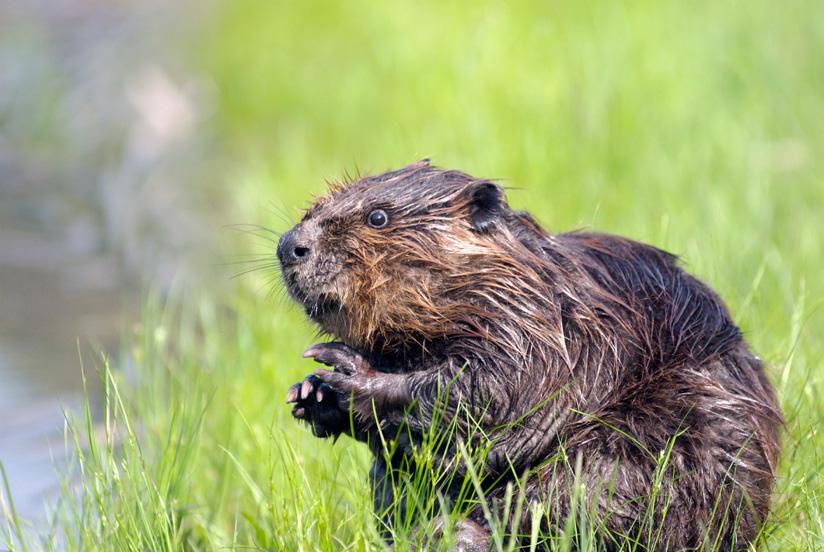
The first licensed reintroduction in Scotland took place in 2009, in Knapdale, Argyll and Bute.
Although beavers were granted European protected status several years ago, it was only last year that the Scottish Government began to allow trapped beavers to be translocated within Scotland. Prior to that beavers could be caught or trapped but were not allowed to be translocated within Scotland. Licences were issued to a contractor working under NatureScot to translocate a small number to England and Wales under licence. We have assisted in carrying out these translocations in the past by caring for the trapped animal and facilitating
the necessary health checks before they were released across the border. However, transporting a beaver to England or Wales can be a long and stressful journey for the animal and we’re hopeful that the Scottish Government allowing translocation in Scotland will mean more beavers can be released here without the need to undertake such a journey.
Once hunted to extinction in the United Kingdom for their pelt and castoreum, Eurasian beaver numbers are now slowly increasing after reintroductions into wetland habitats.
ARGYL & BUTE
Beavers are a vital part of our ecosystem and we are hopeful that more widespread beaver translocation will also finally provide an alternative to culls and prevent the killing of any more of these animals.
Beavers are regarded as ‘ecosystem engineers’ as they modify their environment. The beaver’s main attributes as an ecosystem engineer are the felling of trees, and most notably, the creation of dams, resulting in flooding and a subsequent increase in wetland area.
As beavers are better suited to movement in water than land, they
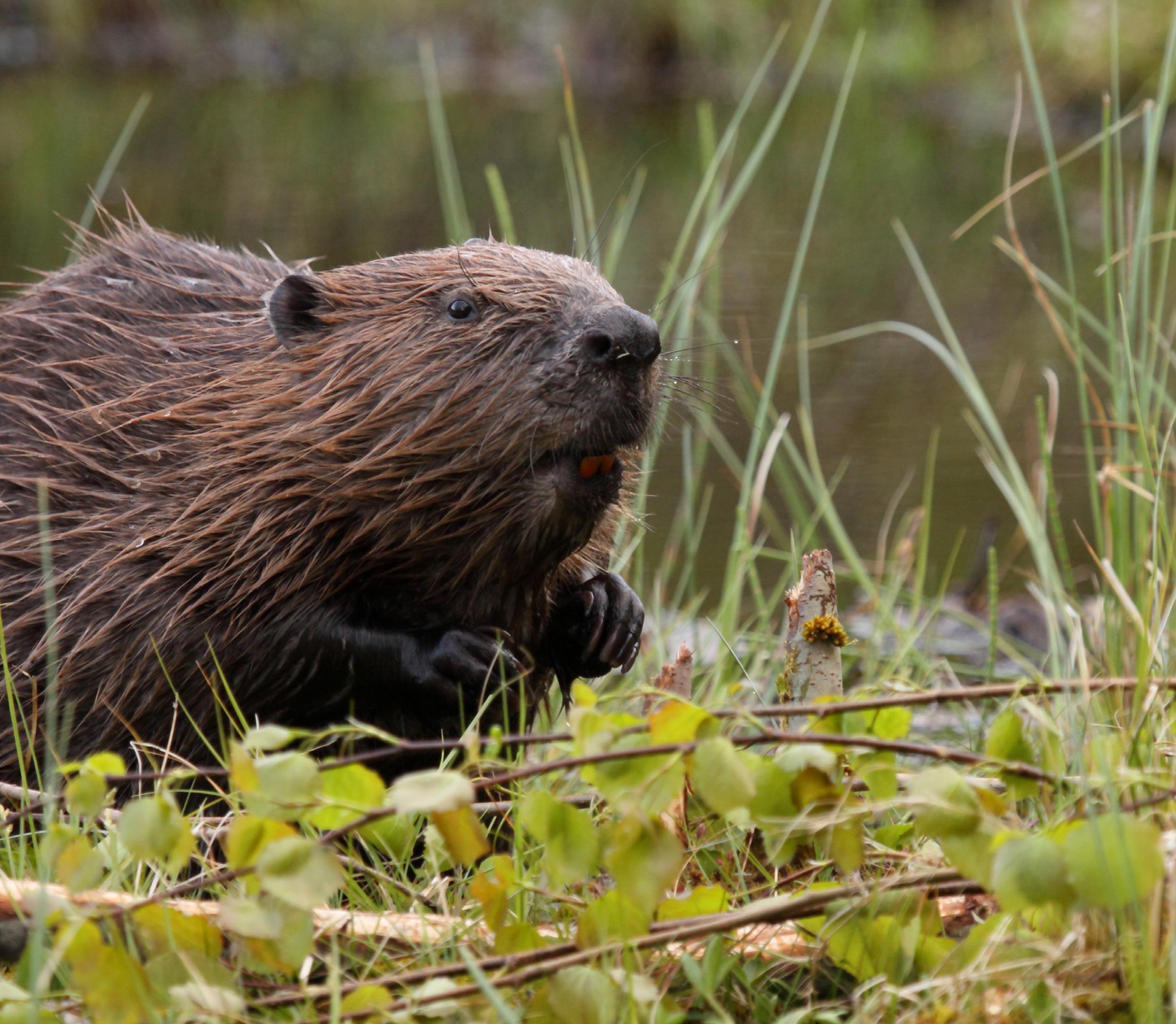
expand wetlands and create adjoining canals to avoid predators, allow easy access to food, and find building materials. Beavers will fell trees and construct damns at a stream to hold large volumes of water or reduce the flow of water, leading to heightened water levels with deeper and slower water than before. This modification of the beaver’s environment in turn has an effect on other species; creating new niches in the habitat which were previously unavailable, increasing species numbers and diversity.
We are also hopeful that in addition to the benefits to the environment
and beaver numbers, the ability to translocate beavers within Scotland will make the work of our National Wildlife Rescue Centre easier. Beavers are territorial and finding a suitable release site for rehabilitated beavers is not an easy task. At present, we have to consider many factors including the existing local population and getting the necessary landowner permissions. With translocation as an option we’d be able to work with those licensed translocators to expand our areas of release and give rehabilitated animals the best chance possible to thrive in the wild.
If you find a sick or injured beaver, please call our animal helpline on 03000 999 999. If you find a dead beaver, contact NatureScot for advice. They may arrange collection of specimens for post mortem and analysis or can advise if carcasses should be left or disposed of. It is an offence to possess a dead beaver.
The Fireworks and Pyrotechnic Articles (Scotland) Act 2022 includes the prohibition of supplying fireworks or pyrotechnic articles, such as flares, to anyone under the age of 18 and will take effect from this year. More changes around the supply and use of fireworks, including implementation of firework control zones, is set to come into place in 2023.

This represents a significant milestone in making Scotland a better and safer place for domestic, farmed and wild animals to live. We always ask that that the public enjoy fireworks responsibly and be mindful of the negative effect their misuse can have on people and
animals. This legislation will help to tackle the impact that private use in particular can have and help to keep communities across Scotland safe.
Fireworks and bonfires can be very distressing and dangerous for animals. Each year, social media platforms and news websites are awash with videos of dogs quivering in terror at the loud bangs. Their ordeal is often prolonged as displays can extend well beyond the celebration itself, particularly because many people use fireworks and other pyrotechnic articles as part of private celebrations.
New legislation to control the sale and use of fireworks in Scotland came into force after receiving royal assent in August 2022.
This November will be the first time in two years that there have been no restrictions on large gatherings during bonfire night.
As in previous years, we are working in partnership with agencies such as the Scottish Government, Police Scotland, Scottish Fire and Rescue Service and many more to share key safety information on how everyone can #BeSafeBeKindBeSmart.
As well as encouraging people to respect those around them, we also want people to consider our animal friends. When preparing a bonfire, it’s important to check the area beforehand, lifting leaves with sticks to make sure that no animals have burrowed their way in. Hedgehogs, in particular, like to make their homes in piles of twigs and leaves.

The noise of fireworks can cause great distress not only to pets, but also to farmed and wild animals. The loud bangs and bright flashes can cause animals to flee in

fright, resulting in injury or causing them to run into traffic and other hazards. Visit scottishspca.org/firework-safety for more advice on how to keep animals safe this fireworks season.
We want everyone to be able to enjoy fireworks safely so we’re urging people to only attend organised public displays and ensure their pets in particular are kept safe at home. Not only are official displays safer and better for the environment but they are also significantly cheaper.
For the price of a packet of sparklers, we could feed a baby hedgehog for at least a week. £35 could cover the basic cost of caring for a fox for fortnight. This year, you can get more bang for your buck by attending an official display and donating what you’d usually spend on a box of fireworks to the animals in our care instead: scottishspca.org/ support-scottish-spca
The Scottish Government introduced the Hunting with Dogs (Scotland) Bill earlier this year with aims to address the loopholes in the current legislation. This Bill is still ongoing and we will continue to engage with the Scottish Government as the Bill progresses.

The Bill states it will still be an offence to hunt a wild mammal using a dog, however, licenses can be applied to manage wild mammals if they are damaging livestock, crops or woodland and to prevent disease or protect human health. Dogs must only be used to flush out the targeted species and allowing dogs to kill any wild mammal remains illegal.
Hunting will be limited to two dogs above ground and one dog below ground. Anyone wishing to hunt with more will have to apply for a licence.
While we welcome the improvements, we would like to see non-lethal alternatives in the control of mammals to have been exhausted before lethal control is considered. The Scottish SPCA would prefer a complete ban on the use of dogs involved in the control of foxes. We strongly believe that using dogs to control any wild mammal, or for sport, has no place in modern society.
The Fireworks and Pyrotechnic Articles (Scotland) Act 2022 has come into force after receiving Royal Assent in August.
The new legislation includes the prohibition of supplying fireworks or pyrotechnic articles, such as flares, to anyone under the age of 18 which will take effect from this year. Any member of the public wishing to use fireworks will need to apply for a licence. These changes plus
further restrictions around the supply and use of fireworks and implementation of firework control zones are set to come into place in 2023.
Stricter regulations around the purchase, supply and use of fireworks and pyrotechnics will undoubtedly improve the lives of animals and people living in Scotland’s communities whilst still allowing people to enjoy fireworks responsibly.
The Animal Welfare (Kept Animals) Bill is currently progressing through the UK and Scottish Parliaments and aims to stop the import and export of farm animals for fattening or slaughter.

The Bill will also help to tackle the low-welfare puppy trade by increasing the age that puppies can be imported in to the UK and placing further restrictions on pregnant dogs being brought in to the country.
The Bill also aspires to stop the import of dogs with cropped ears, something that the Scottish SPCA has long called for. The procedure is already illegal to carry out in the UK.
While the Scottish SPCA takes in all kinds of animals, sadly some animals who come in to the care of our nine animal rescue and rehoming centres spend much longer waiting on their forever homes than others.
While many dogs and cats find a new home in a matter of weeks, other types of animals such as ferrets or reptiles are not so lucky. Unfortunately, these animals can spend many months, or even sometimes years, waiting on anyone showing an interest in them. 2022 in particular has seen an influx of ferrets coming in to our centres.

At one point in June 2022 we were caring for over 60 of the mustelids across the Society and we have cared for over 230 since January this year. Despite repeated appeals to the public, rehoming applications for ferrets remain low.
Scottish SPCA chief superintendent, Mike Flynn said, “We’re not sure why we see these increases in certain types of animals, like ferrets, coming in to our
“Ferrets are also notorious escape artists so it may be that if inexperienced owners have taken them on for the first time they haven’t realised how easily they can get out if their enclosure is not secure.


“Although they are great for adult homes, or homes with older teenagers, they’re not really suitable as children’s pets as they can nip.
care. It could be anything from people getting bored with a lockdown pet to the rise in the cost-of-living.
“They also need a lot of enrichment and exercise as they’re highly social, intelligent creatures who love interacting with their owners. They shouldn’t just be left in a cage and forgotten about.”
We have also cared for over 100 snakes since the beginning of the year. Sadly, unlike the recent increase in ferrets, many of those snakes have been in our care for years.
Mike continues, “It really is a shame that we get so little interest in the snakes in our care. Sometimes we do get larger snakes at the centres and these can be tricky to find a home for as their new owner would really need to be a very experienced and confident reptile keeper.
“However, the vast majority of the snakes we get in are smaller, popular pet species like corn snakes and ball pythons. “It could just be that people don’t realise we rehome animals like snakes so they don’t know to contact us when they’re looking for a new pet.


“If anyone is looking for a new animal companion, or knows someone who is thinking of taking on a pet, we’d really encourage them to consider adopting. Not only will you be getting a fantastic new companion, you’ll be giving a second chance to an animal who really deserves it.”
All the animals available for adoption at our centres can be viewed and applied for online at: https://www. scottishspca.org/rehome
During the autumn and winter months, hedgehogs often need a bit of extra help.
These prickly mammals are typically found in gardens, parks, woodland and green spaces across the country. They thrive in areas with lots of bushes and thick undergrowth.

If you’re lucky enough to have hedgehogs in your garden, you can make it a safer environment for them by tidying away netting and securing hot tubs. If you have a garden pond, ensure there is a ramp so hedgehogs can get out if they accidentally fall in. A small gap in your garden fence, hedge or gate will mean they can come and go as they please. Don’t put out slug pellets, as these are harmful to hedgehogs, and the hogs will repay you by eating the slugs for you instead!
If you are tidying your garden during the autumn, please check long grass and hedges before strimming them or piles of leaves before disposing of them. If you are planning a bonfire, then check the wood pile carefully for any hedgehogs who may have made their home there.
Hedgehogs are largely nocturnal and, unlike during the summer months, will not be moving nest or hunting for extra food for hoglets as regularly, so if you see one during the daylight hours the it may need our help. Any hedgehog that appears wobbly, lethargic, visibly sick or injured should also be reported to our animal helpline on 03000 999 999.
Hedgehogs hibernate over winter, so any hedgehogs out during colder weather have likely failed to hibernate. This may be because the hoglet was born in a late litter or doesn’t have the necessary fat stored and they may need to be taken to our National Wildlife Rescue Centre to be given the best chance of surviving the winter.
Anyone asked to contain a hedgehog by our animal helpline should pick it up using gardening gloves or a thick towel and place it in a secure box. It can then be left with fresh water and tinned cat or dog food until we arrive. Hedgehogs
should not be fed any fish based wet food, bread, or given milk as they are lactose intolerant.
who then must be cared for throughout the winter. They cannot be released until they reach a healthy weight of over 600g and the weather has warmed up to a consistent night time temperature of over four degrees centigrade.
Our National Wildlife Rescue Centre normally sees an influx of hedgehogs during the autumn and winter months
During this time the wildlife centre relies on generous donations for tinned cat, dog and hedgehog food to feed the hedgehogs in their care. You can donate hedgehog food to the National Wildlife Rescue Centre at Fishcross, Clackmannanshire FK10 3AN.


Animal Guardians is our pioneering scheme for young people who have or are showing behaviour towards animals that is a cause of concern leading to the animal being hurt or the young person becoming injured. We caught up with youth engagement officer, Susan Witton, to learn more about her work.

Initially piloted in Edinburgh and the Lothians in May 2018, and is the brainchild of chief superintendent Mike Flynn and head of innovation and strategic relations Gilly Mendes Ferreira.
It follows on from the First Strike programme that Mike was involved in way back in 1998 that highlighted the link between domestic abuse and animal cruelty.
Animal Guardians is a free education programme that nurtures empathy and compassionate behaviour toward animals for young people of primary school age who may be at risk of, or indeed, have harmed animals. Due to the high demand for the programme there is now a team of four youth engagement officers that work with young people between the age of three and 16 across the majority of Scotland. We work with young people on a one-to-one basis across the course of approximately 10 weeks, teaching them about animal emotions, their needs and how to behave responsibly around all animals.
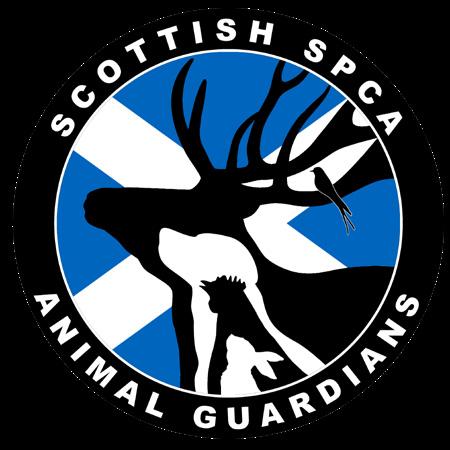
Referrals for Animal Guardians can be made from any adult that is directly involved in the care of a young person. This can be parents or carers, teachers or social workers, health professionals or police officers, and many other professionals from the charity sector and beyond.
Young people can be referred on to the programme for a myriad of reasons including intentional cruelty, unintentional cruelty, rough handling, over loving or even witnessing animal abuse in the family home.
1. When did the Animal Guardians programme start and why was it created?
3. What sort of issues do you help young people deal with?
Although, unsurprisingly, we have become a lot busier since lockdown, the reasons for referral onto the programme have remained varied with each young person having their own specific reasons for needing our support. Over 90% of the young people that have taken part in the Animal Guardians programme have an additional support need or have suffered trauma, sometimes known as ACE’s (Adverse Childhood Experiences).
It is extremely important that the programme is a positive experience for all of the young people that take part in it. All of the activities are game based and we try to ensure that whilst we are educating them about animal emotions, that the young person experiences positive emotions too.
We have over 15 games that cover the three topics (emotions, needs and responsibilities), therefore allowing us to adapt to different learning styles and academic abilities. The final part of the programme, if considered appropriate, is when the young people have the opportunity to visit their local animal rescue and rehoming centre to meet animals in our care. Here they are able to demonstrate what they have learnt by observing and talking about the animals that they are introduced to. This is usually the most enjoyable part of the programme for the young people we work with.
To date we have had over 280 referrals to the programme and have seen a steady increase in the demand for the programme. We have received wonderful feedback from referring parents and carers and formed strong partnerships with referring organisations.
It is vitally important that what we do is making a positive difference, so right from the initial development of the programme we have worked very closely with the Clinical and Health Psychology department at The University of Edinburgh who have been evaluating our work. We look forward to sharing these findings with you in the coming months.

Talk to children everyday about all the amazing animals that are part of their lives, from spiders and squirrels to cats and capercaillies.
Animals share our country with us and they share the same emotions as us. They feel fear, pain and sadness but most of all we want them to share happiness with us. Treat all animals with the care and kindness they would like to receive, and of course, always call the Scottish SPCA if they see an animal that needs help.
Every day is unique and rewarding in this job. Having the opportunity to work with young people and teach them about the benefits of having positive relationships with animals. Showing them how valuable animals are and how they can help to make sure that the animals they come in contact with are happy and healthy. Then finally when they teach others about the importance of treating animals with kindness it completes the journey.
4. Have you seen a change in the sort of problems young people are facing since lockdown?
8.What is the most rewarding part of your job?

Beautiful Flynn recently celebrated his eighth rehoming anniversary. He was rehomed from our Glasgow centre, after his owners could no longer care for him. Flynn was between one and two years old when he came in to our care, and had not received the basic socialisation and training that dogs need. This led him to be extremely reactive.

Eight years on Flynn is an extremely lovable and happy dog in his forever home. He is a fantastic companion in the house and loves meeting visitors. He would still rather have his space from other dogs when he is out and about on his walks, but has progressed so much that he now lives happily with another canine friend.
Nova came to our Lanarkshire centre after she was left unattended at a property for several days. She needed to spend the night at the vets before coming in to our care, as she was trembling and extremely hypothermic. Her temperature was so low that it didn’t read on the vet’s thermometer. She was immediately started on warm fluids and given small feeds little and often. Nova was fostered by one of our animal care assistants, and her start in life didn’t affect her. From the get go she acted like any other kitten and loved to play and climb.



After growing in confidence in her foster home, Nova found a loving forever home where she is spoilt rotten, and she even has another feline friend to keep her company.




Three Labrador puppies came in to the care of our Glasgow centre after they were found abandoned at the side of a road in Renfrew. On arrival the pups were passing blood and one in particular looked more lethargic than the others.

After running tests, it was confirmed that they all had parvovirus. We also received information that someone had bought a pup from the same litter that had sadly died from the virus, so it is believed that they were dumped by a low-welfare dealer due to having symptoms. Heartbreakingly, despite the best efforts of our animal care assistants and vets we sadly lost the one of the pups to the illness.
After three weeks in our care we are delighted to report that the other two made a full recovery and have now found loving new homes.




Hammy the snake was recently rehomed from our Caithness centre after a whopping 1208 days in our care!

He originally came to us after his owner had a change in circumstance and could no longer care for him. He spent time at four of our centres to try and give him the best chance at finding his forever home.

He was quite grumpy for a long time after his arrival and would strike at staff but after regular handling by our dedicated team he is now much happier when being handled. He enjoys having time out of his vivarium, and loves to slither around in the grass and soak up the sun on hot days.



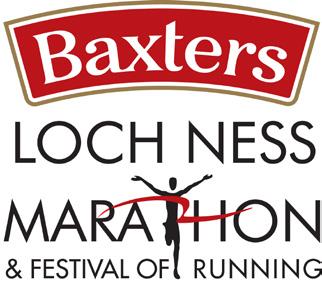
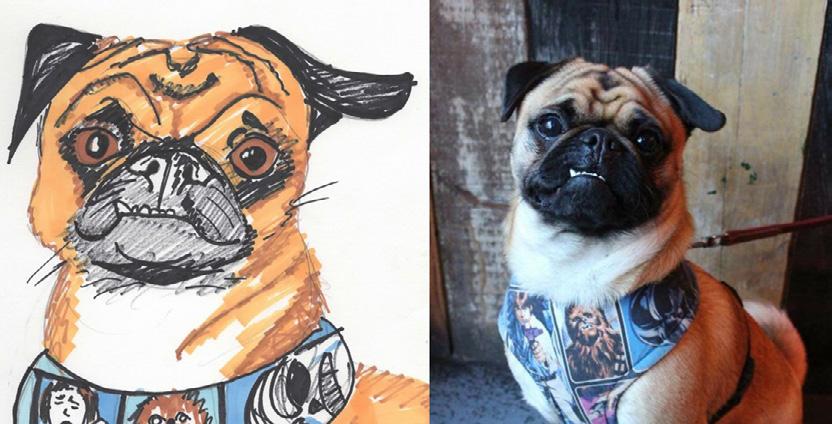
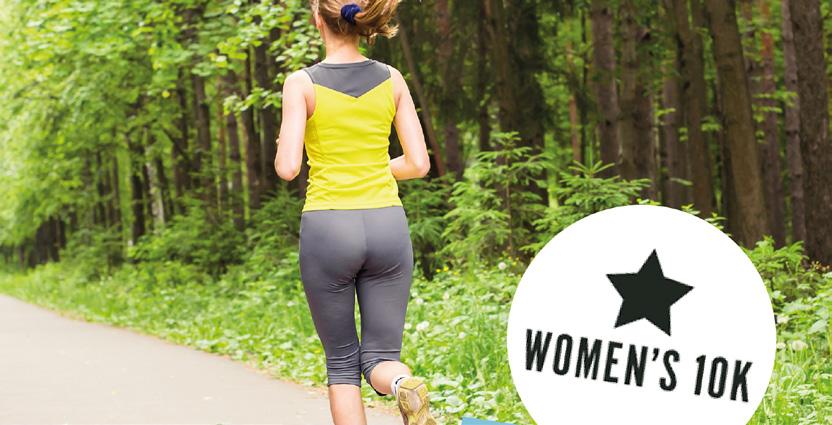
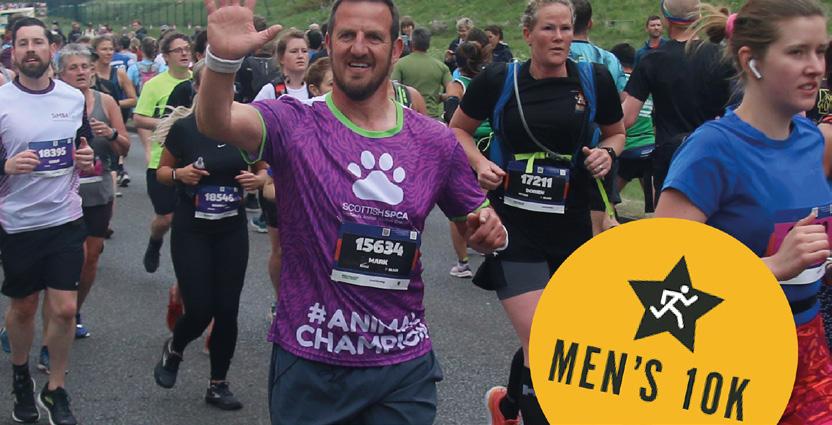
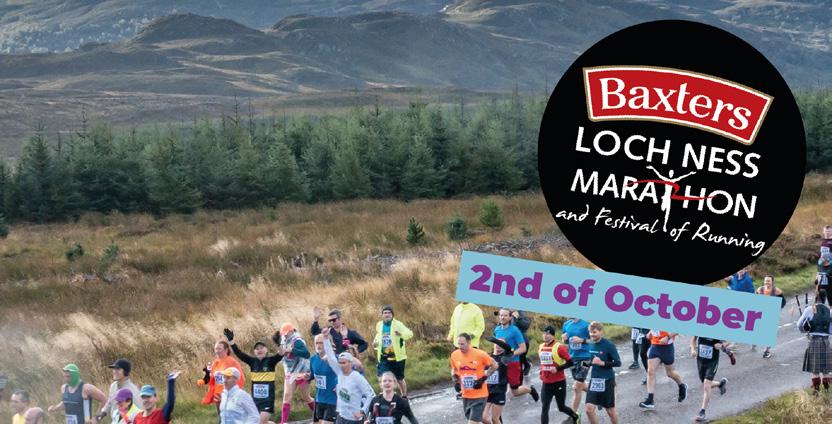

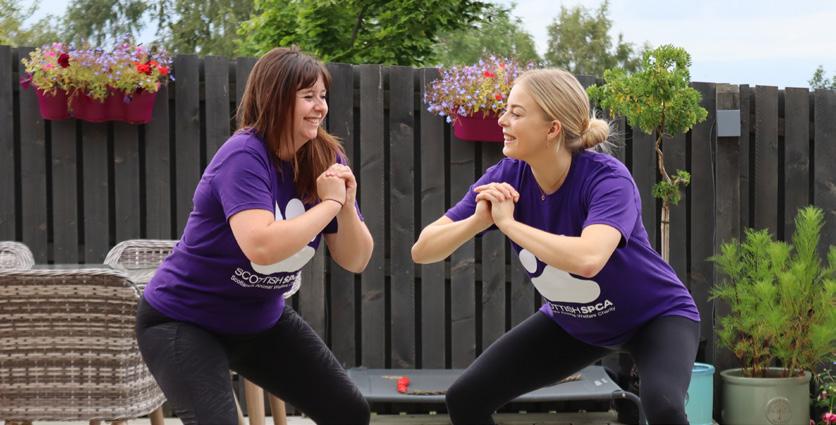
Keep
with
Featuring unique designs in warm autumnal colours, all our Teemill products are made sustainably using organic cotton and renewable energy. But hurry – these designs are limited edition so they won’t be around for long!
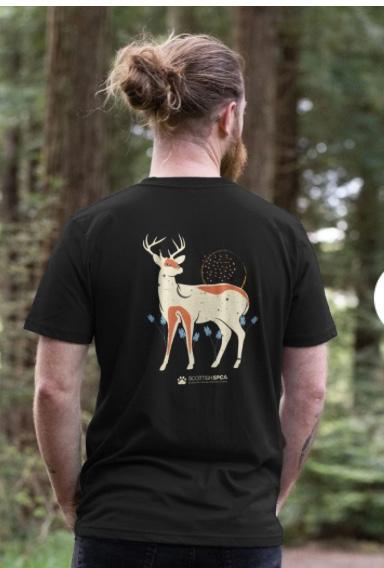
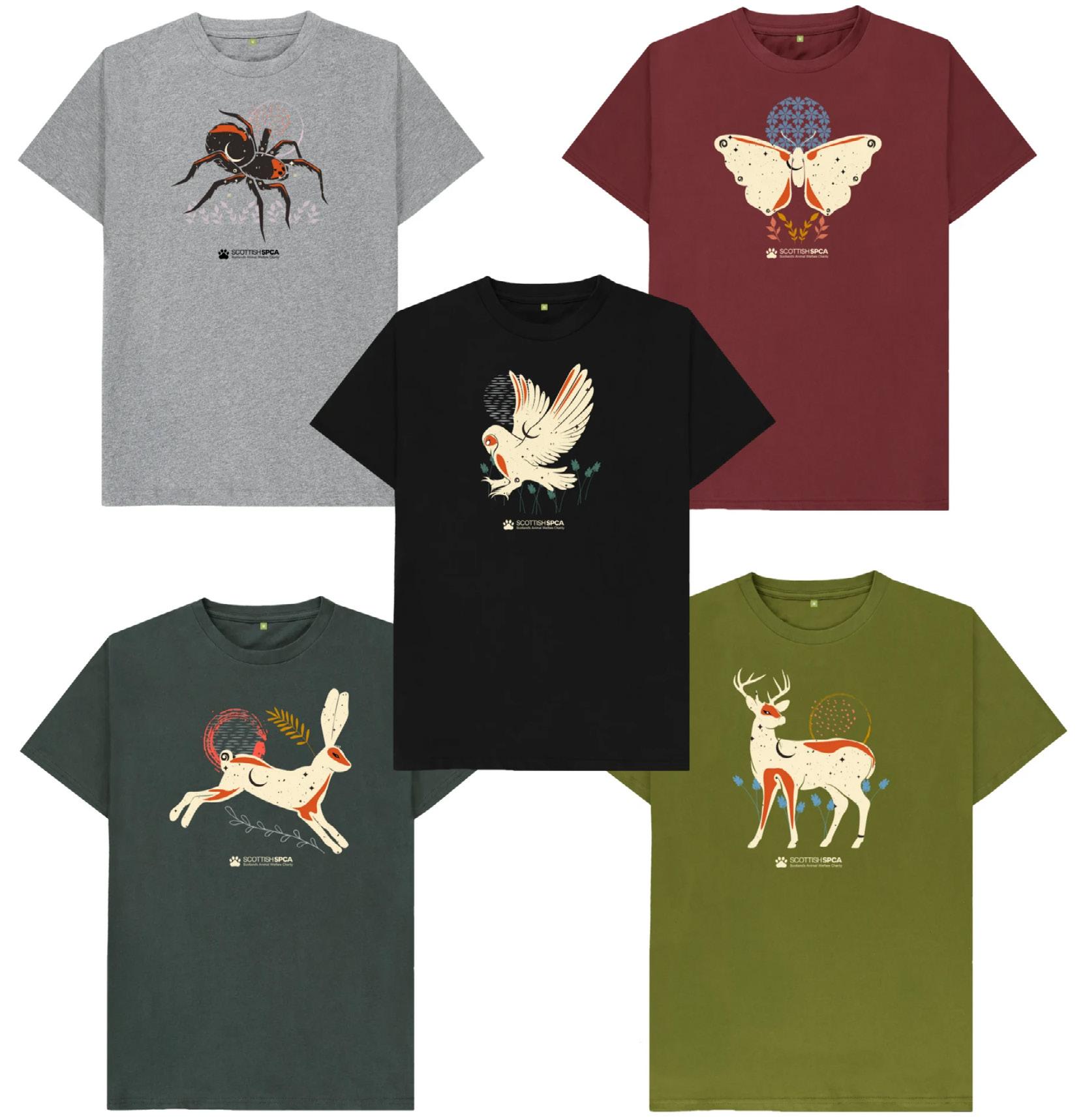
Look out for our new Christmas designs
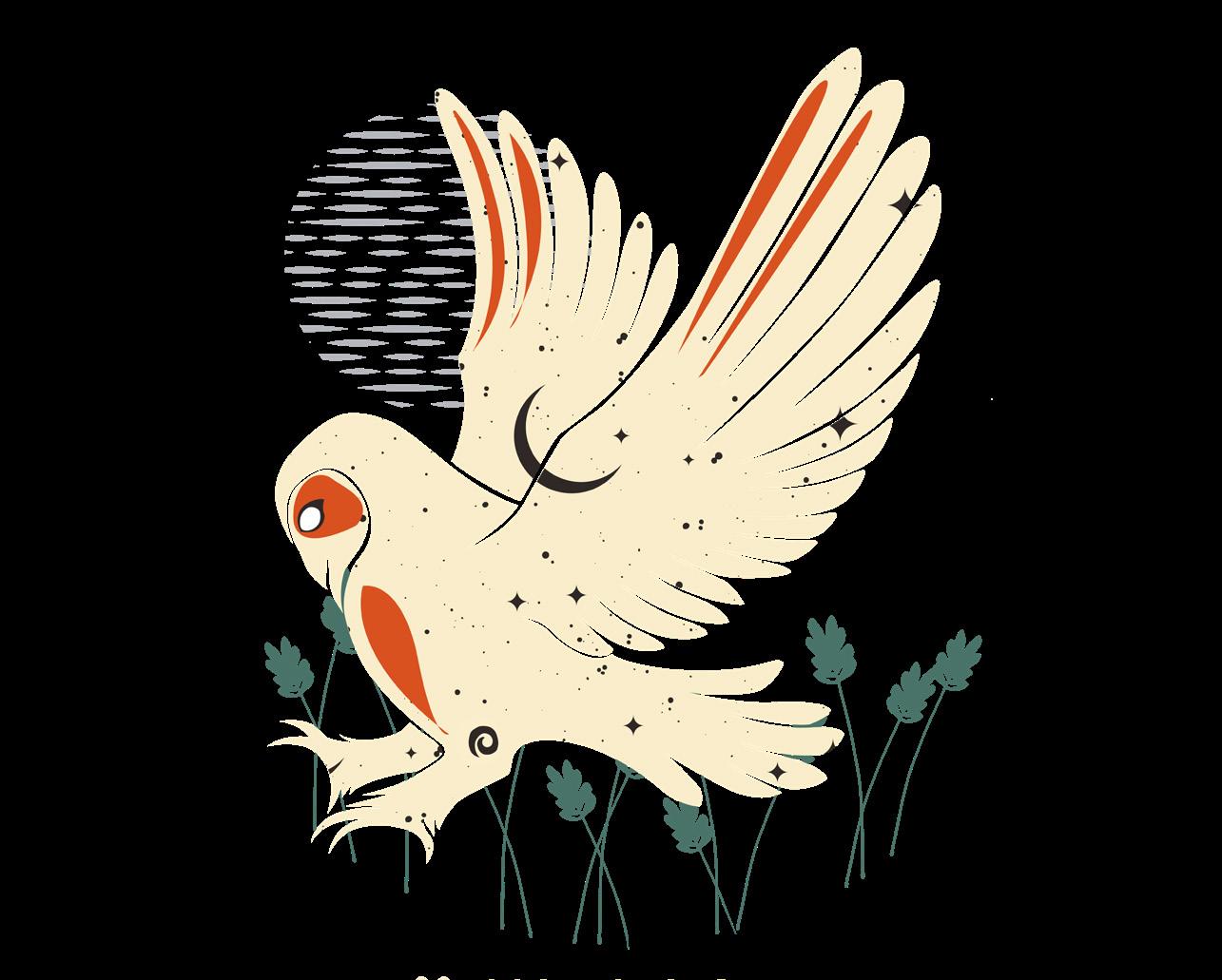
in November 2022!
up with


